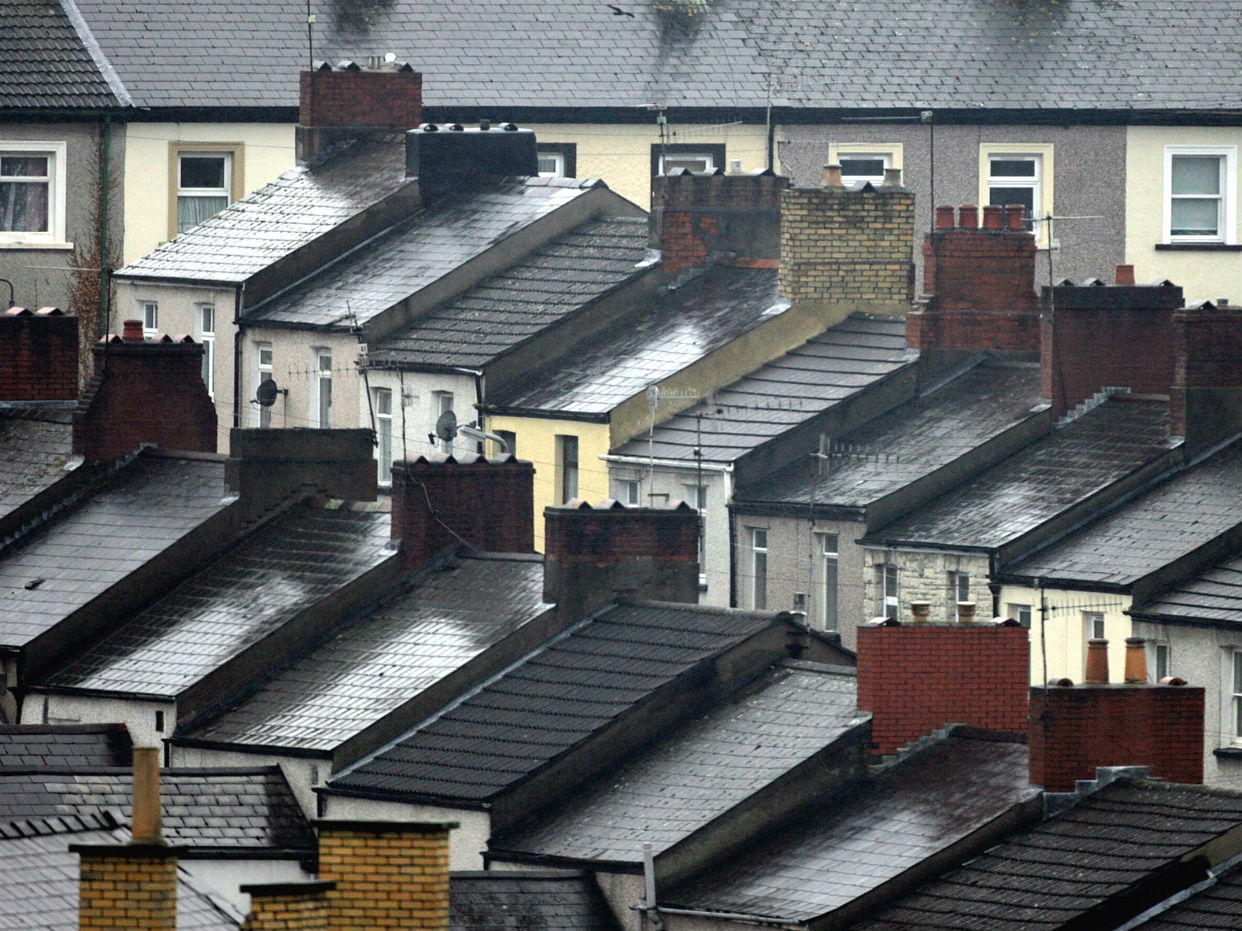Is stamp duty damaging the economy?
Some economists say tax acts as a barrier to people buying homes

A free daily email with the biggest news stories of the day – and the best features from TheWeek.com
You are now subscribed
Your newsletter sign-up was successful
Of the many taxes we all have to pay stamp duty is one of the most maligned. Many potential home movers begrudge having to pay thousands of pounds out of already-taxed income in order to secure a home.
According to the Organisation for Economic Co-operation and Development, the UK has the highest property taxes of any developed country. The average stamp duty bill nationwide is £1,600, but if you want to buy the average house in London you would have to pay £13,653 to the taxman.
Now, a leading property expert has come out and said stamp duty is actually damaging the housing market - and potentially the wider economy.
The Week
Escape your echo chamber. Get the facts behind the news, plus analysis from multiple perspectives.

Sign up for The Week's Free Newsletters
From our morning news briefing to a weekly Good News Newsletter, get the best of The Week delivered directly to your inbox.
From our morning news briefing to a weekly Good News Newsletter, get the best of The Week delivered directly to your inbox.
'Barrier'
Christian Ulbrich, chief executive of property investment managers Jones Lang LaSalle, says the high cost of stamp duty is actually a barrier for developers and builders. He claims that as buyers can’t afford properties, developers have to cut prices to reflect stamp duty bills and that affects profitability.
“For long-term development, stamp duty is definitely harmful, because the stamp duty in itself doesn’t create any value,” says Ulbrich in The Express.
“It’s an additional cost that makes development more unattractive and it has to be considered in the pricing.”
A free daily email with the biggest news stories of the day – and the best features from TheWeek.com
One of the key problems, he says, is that the revenue the government is taking from stamp duty isn’t being put back into the property market. Homebuyers are “paying for nothing” according to Ulbrich, as the government fails to tackle the chronic housing shortage across the country.
Stamp duty is “killing the housing market,” agrees Olivia Rudgard in The Telegraph.
The tax is a “barrier to entry for first-time buyers,” which has a knock-on effect on the whole housing market, with people struggling to save up for a deposit on ever-increasing house prices, nevermind paying stamp duty too.
At the top-end of the market buyers are having to hunting for properties with significant potential for price gains in order to “avoid making a loss” due to the tax bill, says Rudgard. For example, someone wanting to buy a £5m property would pay £513,750 in stamp duty.
Tax revenue
But, stamp duty may not just be damaging the housing market, there is an argument that it is holding the whole economy back. This is because if stamp duty is preventing people buying and selling homes that means other industries that depend on people moving home are also affected.
When we buy a home we spend money on solicitors, removal companies and then on new curtains, furniture, and getting the house decorated as we want it. That is money being spent in a whole range of industries.
“Reform of stamp duty would provide a boost to transactions – on which jobs in banks, decorating and retailing depend nationwide,” says Anne Ashworth in The Times.
Obviously the key argument for stamp duty is that it raises a significant sum in direct tax revenues - and that since a preogressive reformin 2014 more of this is paid by wealthier people buying homes worth in excess of £1m. In fact the up-front tax bills for homes below this threshold generally fell.
And in general statistics show the tax-take for the government is still rising. According to official figures published last month, £7.7bn was collected in the first eight months of the year, 12 per cent more than in 2015/2016 despite a 10 per cent drop in transactions.
The question, then, is whether the tax on supposed lost profits for companies would be worth more than the amount raised by stamp duty - and that is far from clear.


